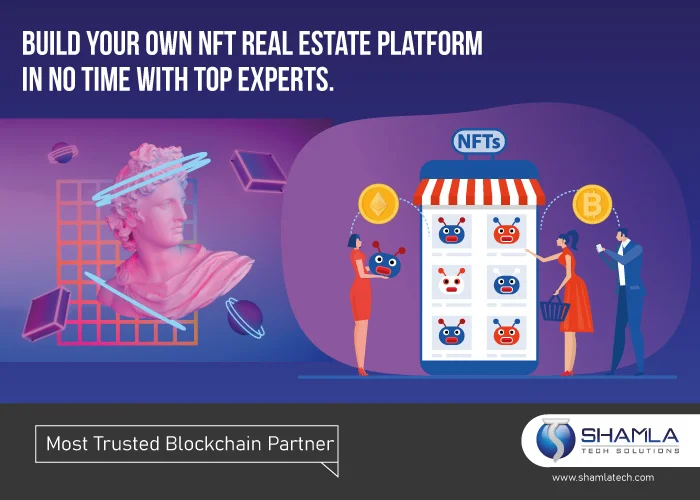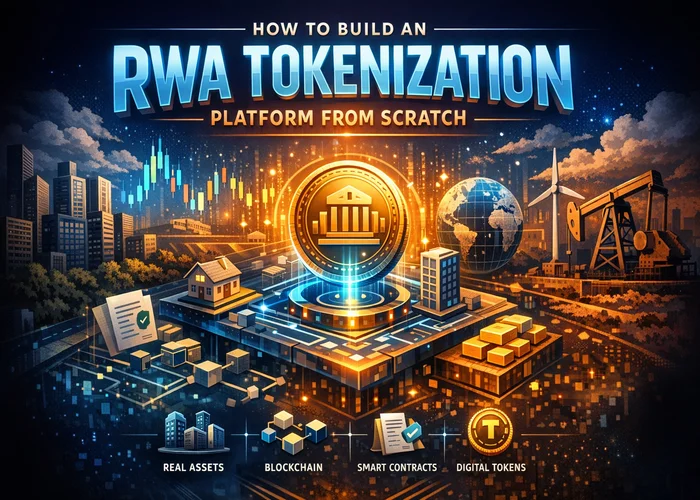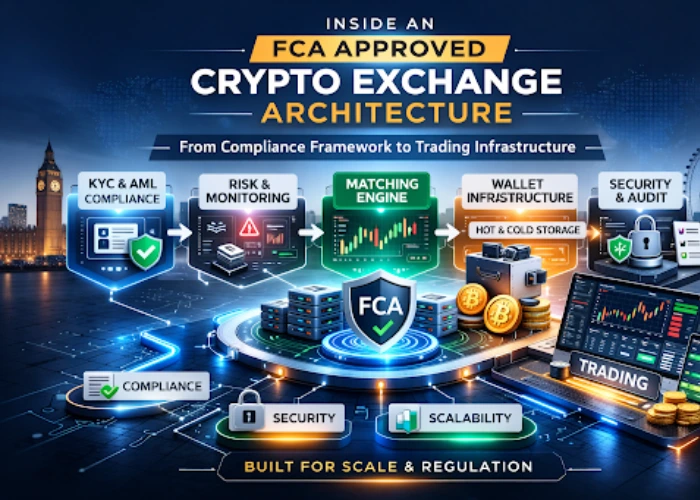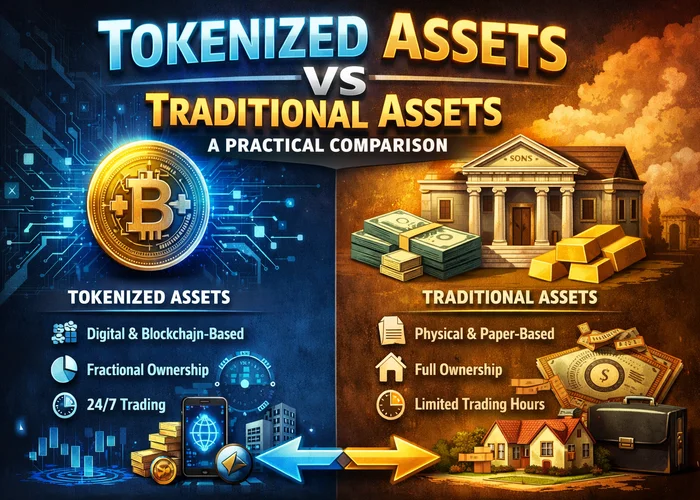What Are NFT?
Non-fungible tokens or commonly called as NFTs are tokens issued on a blockchain, similar to cryptocurrencies such as Bitcoin. However, Real Estate Nft Marketplace they are not “fungible,” unlike a cryptocurrency, meaning that each token is unique, rather than being identical and interchangeable with each other. This means that they can be used to identify a unique or distinct item, either real-world or digital.
Nowadays, NFTs are mainly used to sell digital art as it can be easily copied; it is difficult to tell which copy is the authentic “original.” Therefore, up until recently, digital art hasn’t had a collectable value. However, with NFTs, digital art can be attached to a unique number recorded on the blockchain. The token can be sold to pass on ownership of the digital asset or collectible, and provenance can be assured.
Though the NFTs see extensive usage and advantages in the digital world, there is immense potential in other industries. There is the possibility of these tokens representing ownership of a real-world asset or land too. An example of real estate tokenization is fractional ownership. Here, owners can list their property as several small Tokenized Real Estate Assets on the block-chain. Interested investors can purchase these NFTs and receive an income for their purchase. This process benefits both sides and removes the involvement on intermediaries.
Real Estate NFT Marketplace also enables the users to buy and sell fractional ownership in rental properties. This possibility opens up the investment in the real estate world to a broader audience. NFT Real Estate also offers additional opportunities for users looking to unlock equity without moving or borrowing.
Working Model Of An NFT Real Estate Marketplace
NFT transaction works efficiently with block-chain technology. Users can even design contracts based on their needs and also set the rules and nature of the trade. Many block-chain technologies enable users to mint non fungible tokens on their network. Some of the popular ones are Ethereum, Flow, etc.
Buying Tokenized Real Estate Assets means the buyer gets a certificate indicating that the NFT is now their property. Crypto wallets should be connected to the respective NFT Real Estate Marketplace, thereby carrying out the transaction. These wallets enable a transfer of fund to the seller from the buyer and also to store the NFT.
Like any marketplace, a Decentralized NFT Real Estate Marketplace also have some essentials for listing and buying NFTs.
If You Want To Build A Real Estate NFT Marketplace, Consider Having The Following Features Available In The Mvp
Investors can buy as many Tokenized Real Estate Assets as they want and each corresponds to a share of the represented property.Investing in fractional shares through a good Real Estate NFT Marketplace is possible here through their liquidity pools. In simple words, this means that low capital investors can gather their money together, or crowd-fund, to contribute towards a better high-priced property. Although crowd funding already exists for investing in real estate, crowd funding through block-chain is relatively new and innovative.
The NFT for Real estate benefits are plenty such as publicly available information, records of immutable transactions, decentralized management, complete transparency, and traceability. Even though idea of investing fractionally exists, investing through NFT Real Estate development brought about speed and efficiency that they have never seen. Escrow transactions through the use of smart contracts are also made automatic. Complications and manual errors when filling out forms and details required by different jurisdictions are nonexistent with blockchain. The digital ledger records transactions in an immutable manner eliminating human error.
Benefits Of Real Estate NFT Marketplace
High-grade Security
Since NFT Real Estate platform is built on the power of blockchain technology, the transactions securely stored eliminating the threat of cyber attacks.
Authenticity. Real Estate NFT Marketplace allows users to verify the authenticity of the property as and helps the user to trace back to its origin.
Easy Trading
NFT for Real estate are unique platforms that are created solely for the purpose of trading NFT real estate assets.
Robust Security Measures
Even a typical NFT Real Estate platform comes equipped with powerful blockchain making it impossible to hack and cannot be controlled by a single person or entity. This feature ensures that the Real Estate NFT Marketplace is highly protected allowing users to conduct their transactions without fear of theft or fraud.
Transferability
Transferability is another equally important feature as many NFT Real Estate platforms thrive as they make it easy for a user to transfer their assets to another user. A quick and efficient transfer process will retain users.
Ownership Verification
Another benefit to having NFT Real Estate development is the ownership verification process as the technology ensures that the NFT is precisely verified.
Low Transaction Fees
The NFT Real Estate Company can make their platform an exclusive one. Exclusive marketplaces result in lesser congestion, leading to reduced transaction costs.
Conclusion
NFT Real Estate development it seems to be inevitable for its quick and safe document processing with blockchain technology. Governments, institutions, and retail investors are all looking towards tokenization to make their business easier and more efficient. The real estate industry definitely needs a change in the way documentation is done and transactions are made. While white label NFT real estate are promising for the future, to get into the market without a lot of work to get to a place where it becomes ubiquitous. So get your own Decentralized NFT Real Estate Marketplace to be the pioneer in the next generation industry.








